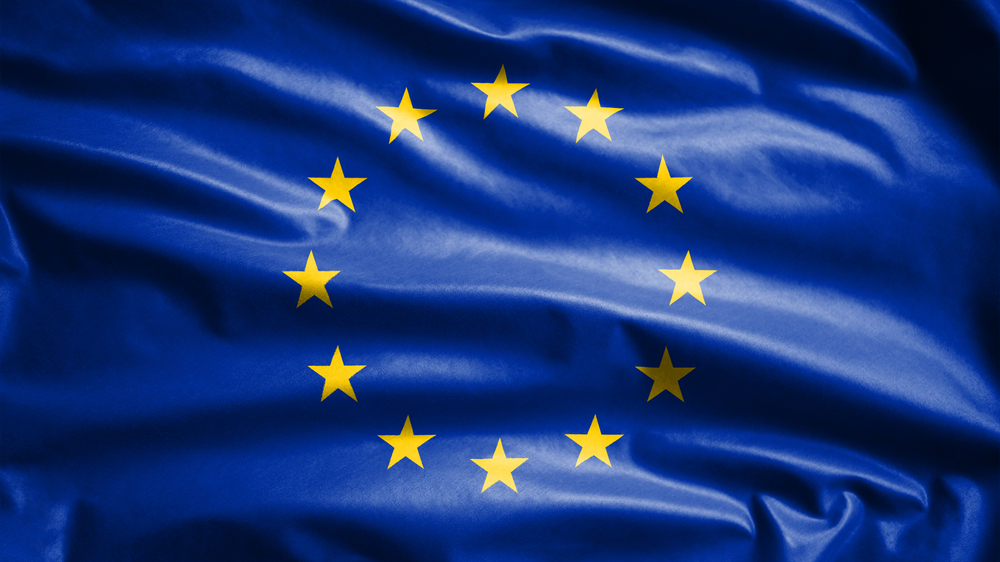The EU Council and the European Parliament have finally reached an agreement on a new Anti-Money Laundering Directive. The 4th AML Directive expands the scope of
The EU Council and the European Parliament have finally reached an agreement on a new Anti-Money Laundering Directive.
The 4th AML Directive expands the scope of its predecessor in a number of respects.
Key Features of the New Directive
Highlights of the Directive include the following:
- establishing a clear mechanism for the identification of beneficial owners. Beneficial owners are defined as “any natural person(s) who ultimately owns or controls the customer and/or the natural person on whose behalf a transaction or activity is being conducted.” In the case of corporations, beneficial owner at least include natural persons who own 25 plus one share in the corporations. In the case of legal entities such as foundations or trusts, beneficial owners are inter alia, the natural person(s) who exercises control over 25 % or more of the property of a legal arrangement or entity;
- requiring companies to keep a register with the names of beneficial owners;
- improving the rules on customer due diligence in order to ensure that financial institutions have a clearer and better understanding of their customers and the customer’s business; and
- expanding the scope of provisions dealing with “politically exposed persons” (namely, “people who may represent higher risk by virtue of the political positions they hold”), but including, in addition to foreign persons involved in politics, persons residing in the Member States. (Proposal for a Directive of the European Parliament and of the Council on the Prevention of the Use of the Financial System for the Purpose of Money Laundering and Terrorist Financing, COM/2013/045; Anti-Money Laundering: Stronger Rules to Respond to New Threats,supra.)
Entities that must apply customer due diligence rules must do so in the following instances:
- a) when a new business is established;
b) when carrying out occasional transactions that amount to €15,000 (about US$16,674) or more, regardless of whether the transaction is carried out in a single operation or in several operations that appear to be linked;
c) for natural or legal persons that trade goods and carry out occasional transactions in cash amounting to €7,500 (about US$8,3370) or more;
d) for providers of gambling services, when carrying out occasional transactions of €2,000 or more;
e) when there are grounds to suspect money laundering or terrorist financing, irrespective of the amount in the transaction; and
f) when there are reasons to assume that the personal identification supplied was inaccurate. (Proposal for a Directive, supra, art. 10.)
The Directive also provides that customer due diligence measures include the following:
- identification of the customer and verification of the customer’s identity on the basis of documents, data, or information obtained from a reliable and independent source; and
- identification of the beneficial owner by taking “reasonable” steps to verify his identity so that the institution or person covered by the Directive is satisfied that it knows who that owner is. For legal persons, trusts, and similar legal entities, it includes “taking reasonable measures” to understand the customer’s ownership and control structure;
- evaluation of “the purpose and intended nature of the business relationship” and
- continuous supervision and monitoring of the business relationship, including evaluation of the nature of transactions undertaken. (Id. art. 11.)
EU Member States will have a two-year period to implement the Anti-Money Laundering Directive in their national legal systems.
Furthermore, MEPs approved regulatory rules on the transfer of funds that seeks to facilitate the traceability of payers and recipients and their property, which will be directly applicable in every Member State 20 days after publication of the rules within the EU Official Gazette.
The new EU Money Laundering Directive represents a new step towards transparency and the introduction of public registers on the ultimate beneficial ownership of companies and other entities raises fundamental questions about the right to privacy.
